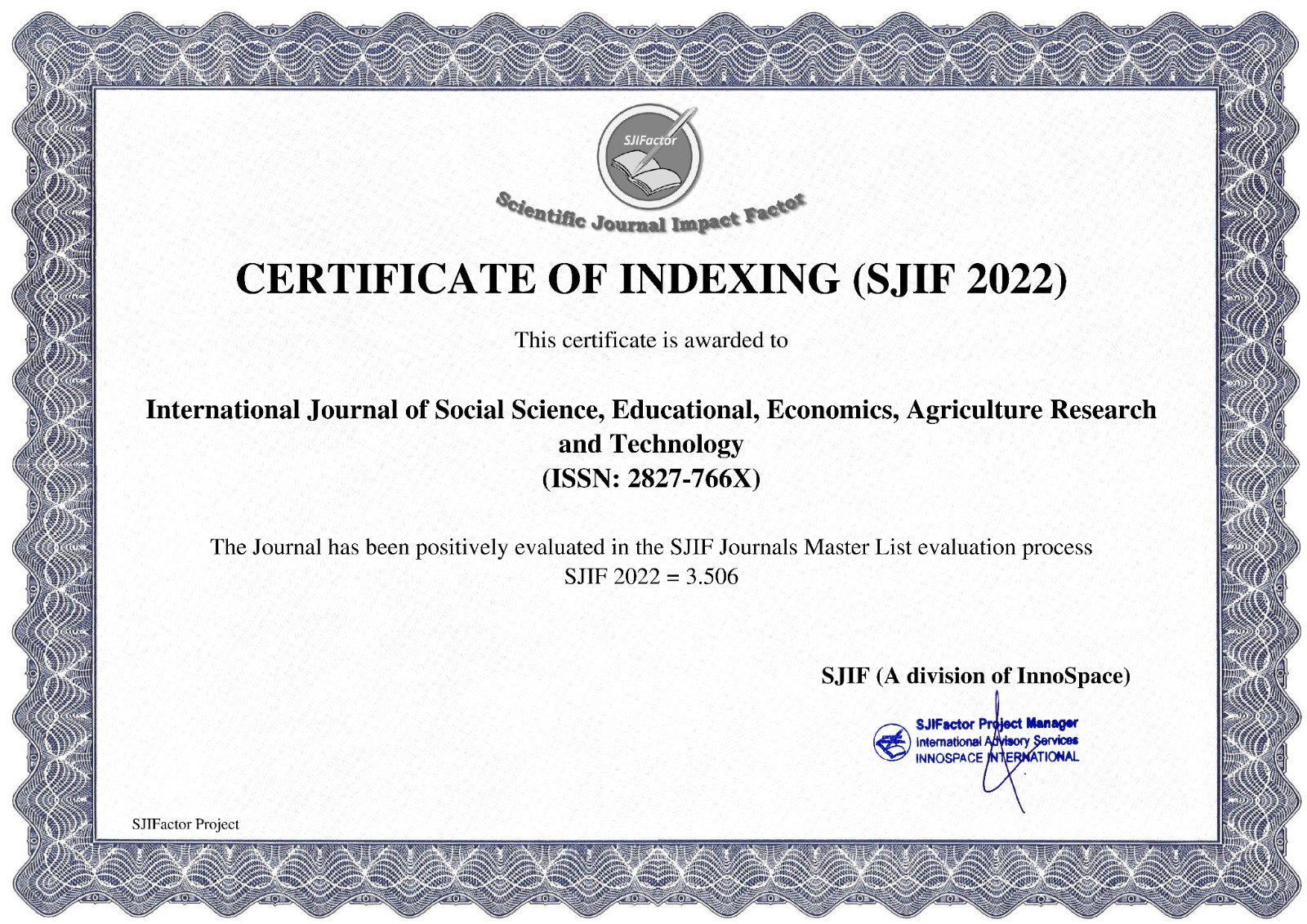LEGAL ANALYSIS OF THE EFFECTIVENESS OF LAW ENFORCEMENT AGAINST THE ABUSE OF FOREIGN RESIDENT PERMITS IN INDONESIA (CASE STUDY OF THE CLASS I SPECIAL IMMIGRATION OFFICE FOR TEMPORARY STAY IN BATAM)
Main Article Content
Aziz Sakti Nugroho
Bachtiar Simatupang
Dahlan
Erniyanti
The increase in the mobility of foreign nationals (FNs) to Indonesia, particularly through border areas such as Batam City, has given rise to various legal issues, especially related to the misuse of residence permits. This phenomenon includes overstay violations, the misuse of visit visas for illegal work, and the use of fake documents, which have the potential to disrupt public order and cause harm to the state. This study aims to analyze the legal effectiveness of law enforcement against the misuse of residence permits by foreigners in Indonesia, with a focus on a case study at the Special Class TPI Batam Immigration Office. The research method used is normative legal and empirical legal methods, with a sociological approach (socio-legal approach). Data was collected through a literature review of relevant laws and regulations, as well as through interviews and direct observations of Batam Immigration officials and personnel. This study uses the theoretical framework of State Sovereignty, Lawrence M. Friedman's Legal System, and Soerjono Soekanto's Legal Effectiveness. The results of the study indicate that although immigration regulations have provided sufficient authority to the Immigration Office, there are still significant obstacles in their implementation, such as limited human resources and facilities, weak inter-sectoral coordination, and a permissive legal culture among the community towards the presence of illegal foreign nationals. Law enforcement is predominantly administrative in nature, while criminal proceedings are rarely used due to procedural complexities. This study recommends the need for regulatory harmonization, strengthening institutional capacity and personnel, optimizing the role of the PORA Team, and enhancing public legal literacy in monitoring the presence of foreigners as strategies for reforming the immigration legal system to make it more effective.
Bambang S. Prasetyo, Hukum Keimigrasian di Indonesia, Jakarta: Prenadamedia Group, 2018, hlm. 45.
Mulyadi, Keimigrasian dalam Era Globalisasi, Bandung: CV Alfabeta, 2016, hlm. 98.
Arif Budiman, Strategi Pengawasan Keimigrasian di Wilayah Perbatasan, Jakarta: Sinar Grafika, 2020, hlm. 45
Mulyadi, Op.cit, hlm. 98.
Susanto, Op.cit, hlm. 112.
Rachmad Z. Hartono, Op.cit, hlm. 145
Rachmad Z. Hartono, Penerapan Hukum Keimigrasian di Indonesia: Sebuah Pendekatan Empiris, Surabaya: Airlangga Press, 2020, hlm. 67.
Kompas.com, “WNA Asal Tiongkok Diamankan karena Bekerja Tanpa Izin di Batam”, diakses pada 10 Juni 2025.
Barda Nawawi Arief, Kebijakan Hukum Pidana, Citra Aditya Bakti, Bandung, 2022, hlm. 109
Kusnadi, Hukum Keimigrasian di Indonesia, Nuansa Aulia, Bandung, 2023, hlm. 54
Ridwan HR, Hukum Administrasi Negara, Rajawali Press, Jakarta, 2021, hlm. 112
M.Iman Santoso, Perspektif Imigrasi, Perum Percetakan Negara Republik Indonesia, Jakarta, 2017, hlm. 10.
Irawan Suhartono, Metode Penelitian Sosial Suatu Teknik Penelitian Bidang Kesejahteraan Sosial lainnya, Bandung: Remaja Rosda Karya, 2019, hlm. 63.
Bambang Sugono, Metoda Penelitian Hukum, Jakarta: Raja Grafindo Persada, 2021, hlm.
Noeng Muhajir, Metodologi Penelitian Kualitatif, Jakarta: Roke Sarasin, 2020, hlm. 92.






















